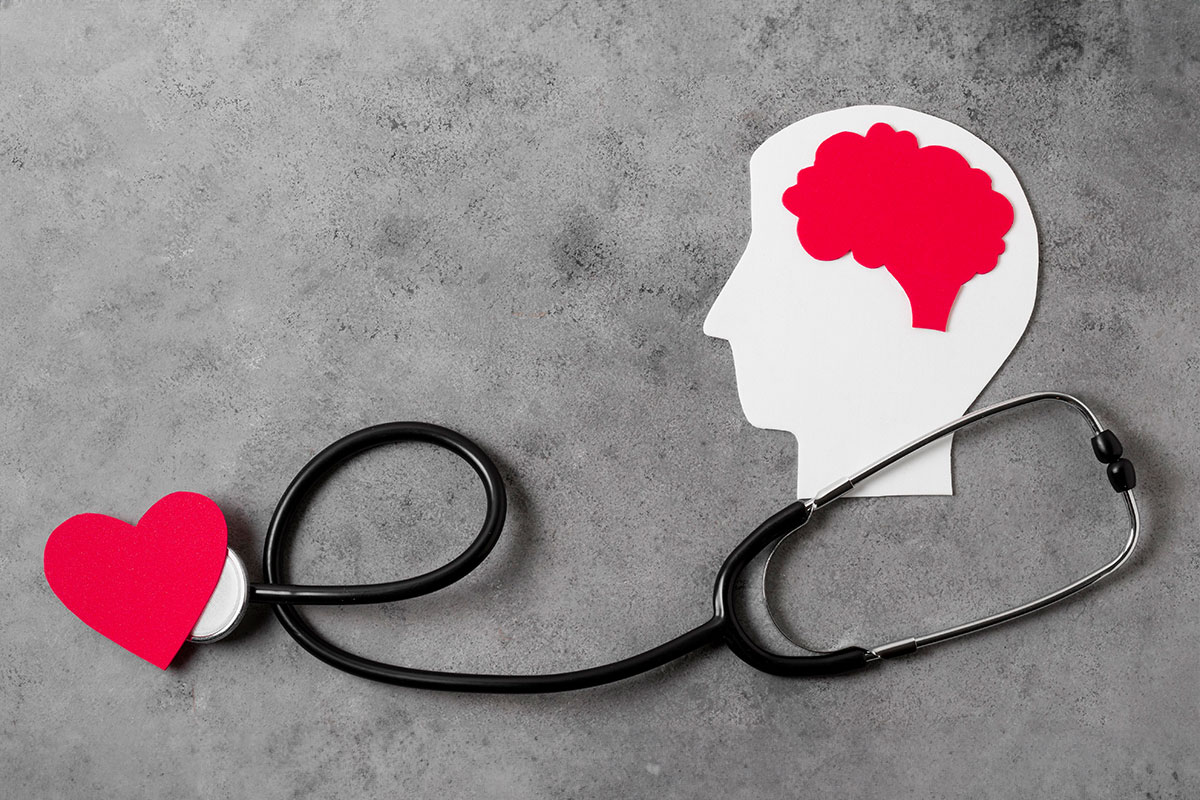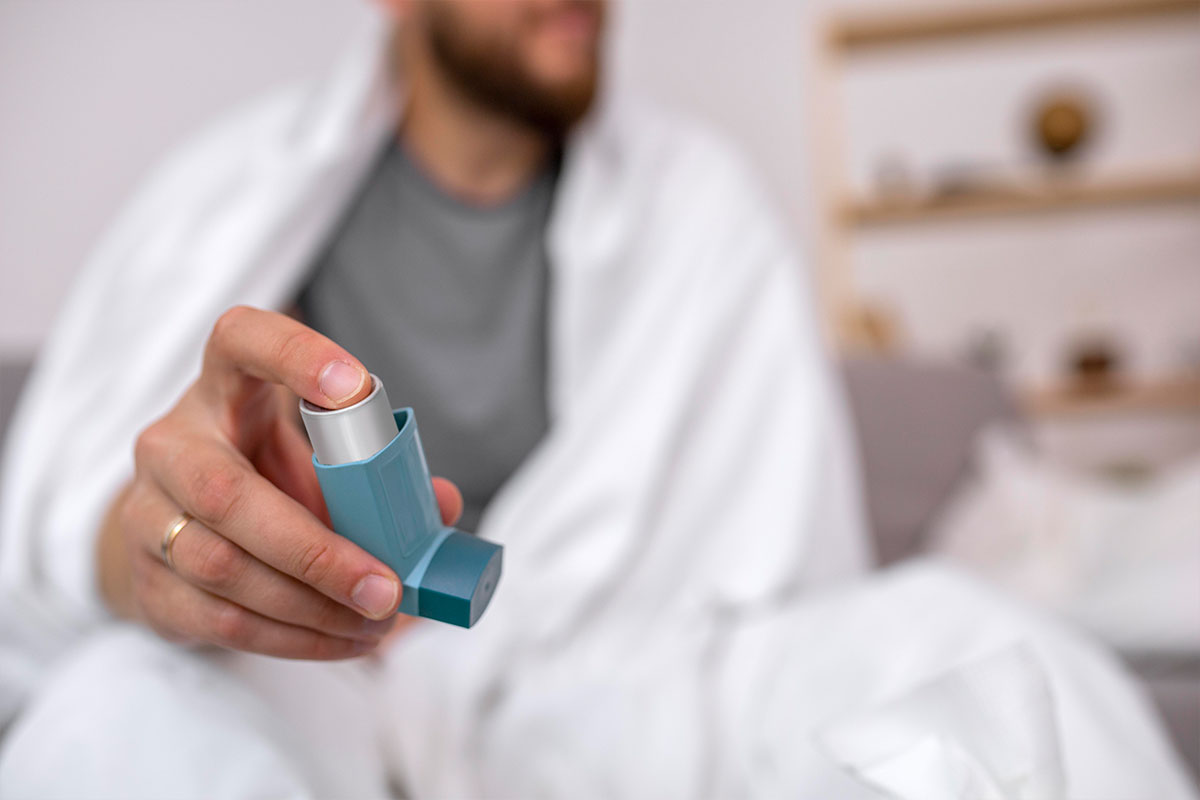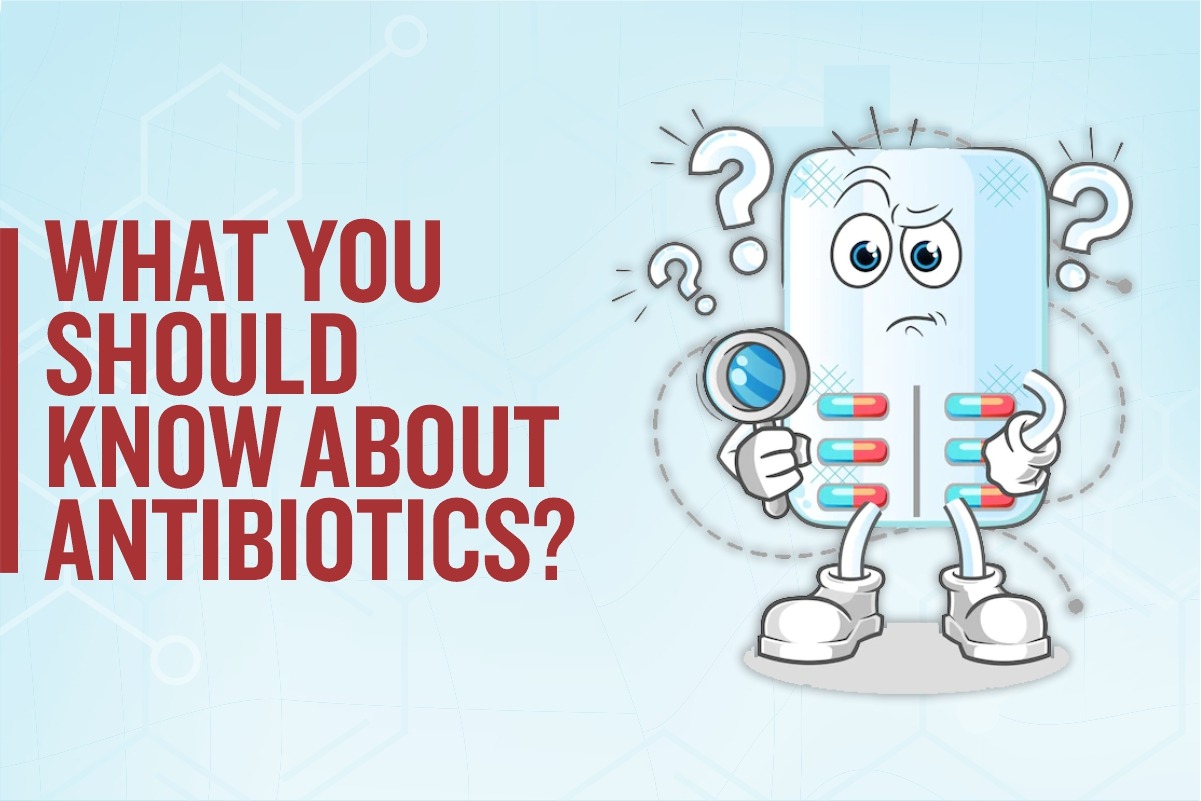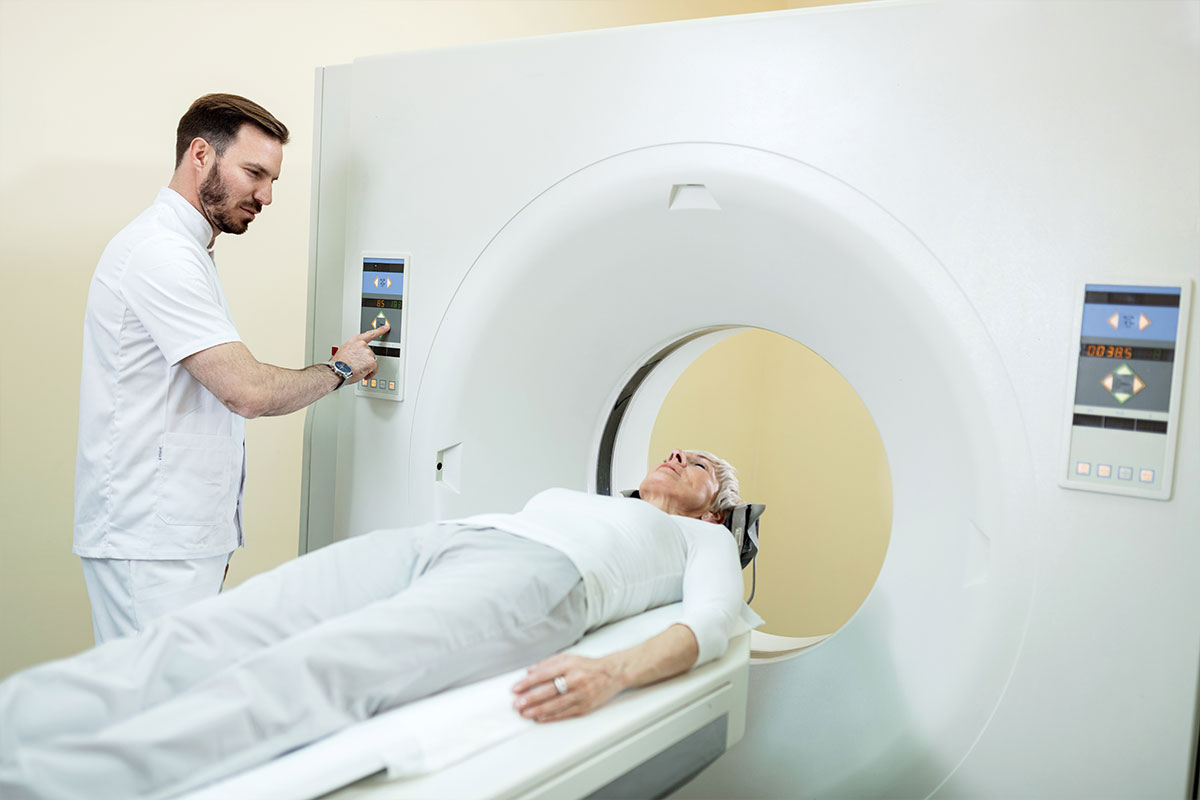
Winters & Heart Attack
By Dr. Gyanti R. B. Singh in Cardiology
Jan 14, 2023
What is a Heart Attack?
A heart attack, or Myocardial Infarction, happens when the blood flow to the heart muscle is blocked or severely reduced. It is a medical emergency and needs immediate treatment. The common cause of heart attack is the build-up of cholesterol, fat, and other substances in the heart’s (coronary) arteries.
Winters & Heart Attack
It has been observed that the risk of having a heart attack during the winter is twice as high as in the summer. Hospitals report a sudden surge of heart attacks as well as stroke cases in the winter all over India. Just as the world entered 2023, 114 heart attack-related deaths were reported in the first eight days of January 2023 all over India (not even considering the cases of heart attack survivors).
It definitely is a cause for concern. It indicates that winters have a strong connection to heart health. However, this may also help us in taking the right measures and be prepared to prevent heart attacks during winter. This data also allows hospitals to stay prepared to handle increasing numbers of heart and stroke patients during winter.
Why do heart attack cases surge in winter?
The main reason is the steep drop in the temperature. The cold causes several physiological changes to occur in the body. The body needs to conserve energy, and as a result, it makes a few changes in the body to survive the harsh cold. Firstly the blood vessels get narrower, causing an increase in the BP (Blood Pressure) and heart rate to keep the body warm. Additionally, the body also undergoes several hormonal changes like an increase in the Catecholamine and Norepinephrine hormones. Due to this, the blood gets more viscous. All of these changes happen to maintain body heat. However, these changes may increase the risk of heart attack and blood pressure in patients, especially older ones.
Apart from physiological reasons, behavioural changes in the winter can also contribute to the cause of heart attacks. People love to get into their blankets with a warm cup of coffee. Physical activity gets reduced, and people may skip their daily workouts in winter, which can be dangerous.
Another reason is that winter is considered the holiday season. This increases indulgence in high calories food as well as alcohol intake. Both these factors can be dangerous for heart health.
Preventing a Heart Attack in Winter
Knowing the reason behind increasing heart attacks during winter helps us stay alert and reduce our risk factors for having a heart attack. Here are a few measures everyone can follow, regardless of their age and whether they already suffer from a heart condition to prevent the onset of a heart attack during winter.
- If you are a heart patient or have blood pressure issues, take your prescribed medication without fail.
- Follow the doctor’s advice to a tee.
- Avoid fatty and unhealthy meals.
- Take some time out to get at least 30 minutes of workout or some form of physical activity at least five days a week or as prescribed by your physician.
- Reduce alcohol intake and smoking in winter.
- Wear warm clothes and caps to maintain body heat.
- Stay on top of your regular health check-ups to ensure your risk for heart disease has not increased.
In addition to these measures, be wary of the heart attack symptoms and have a plan ready in case you or a loved one shows symptoms of a heart attack. The symptoms could be chest pain, weakness, fainting, sweating, and pain in arms, shoulders, neck, back, and jaw.
Have all emergency health care numbers ready in a safe place. If you live with someone with a heart condition or the risk of having a heart attack, take special care of them and take all the measures mentioned above.
Education and awareness can help prevent a heart attack in winter. Heart attacks can be scary, especially if they happen to you or a loved one. But prevention is better than cure, and preventive measures can save a precious life.







